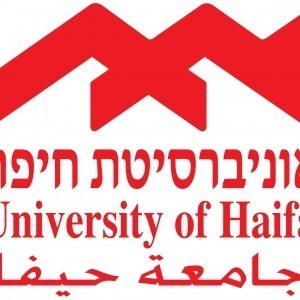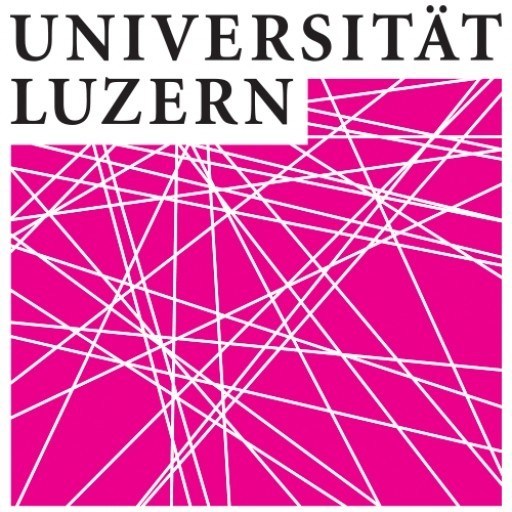Photos of university / #ucl
The BA in Hebrew and Jewish Studies at University College London offers students a comprehensive and in-depth exploration of Jewish history, culture, language, and religion from ancient times to the present day. This interdisciplinary programme provides a unique opportunity to study Hebrew language and literature, Jewish history, thought, and culture within a broader historical, religious, and social context. Students are encouraged to develop critical thinking skills and cultural awareness through the analysis of a diverse range of texts, artifacts, and scholarly perspectives. The programme is designed to foster advanced language proficiency in Hebrew, alongside a deep understanding of Jewish life across different periods and regions. Throughout the course, students engage with primary sources, academic research, and contemporary debates, equipping them with valuable skills applicable in academia, cultural institutions, and international organizations. The curriculum combines language learning with thematic modules covering topics such as Jewish philosophy, biblical studies, modern Jewish history, and contemporary Jewish communities. Students also have opportunities for field visits, seminars, and conferences that enhance their learning experience. The programme prepares graduates for further academic research or careers in education, heritage management, diplomacy, journalism, and community work. With expert faculty members dedicated to fostering a dynamic learning environment, students graduate with a nuanced understanding of Jewish heritage and its relevance in today's global society. The BA in Hebrew and Jewish Studies at UCL is ideal for individuals interested in exploring their heritage or pursuing careers that require a sophisticated understanding of Jewish history, culture, and languages.
In each year of your degree you will take a number of individual modules, normally valued at 0.5 or 1.0 credits, adding up to a total of 4.0 credits for the year. Modules are assessed in the academic year in which they are taken. The balance of compulsory and optional modules varies from programme to programme and year to year. A 1.0 credit is considered equivalent to 15 credits in the European Credit Transfer System (ECTS).
In your first year you will take compulsory modules in Modern Hebrew and Biblical Hebrew or Yiddish, an introductory module on academic Jewish Studies, and a range of optional history, literature, and culture modules, providing an overview of the subject which allows you to identify your own areas of specialist interest for later study.
In your second year you will take a compulsory module in Modern Hebrew and choose from a wide range of optional modules encompassing a vast chronological and geographical span and also an array of disciplinary approaches, such as history, literature, philology, gender studies, and politics.
In your final year you will take three optional modules and will write a dissertation on a subject of our choice.
You can find out about part-time study options by contacting the Hebrew & Jewish Studies Department directly.
A levels
Grades
ABB
Subjects
No specific subjects.
GCSEs
English Language at grade B, plus Mathematics at grade C. For UK-based students, a grade C or equivalent in a foreign language (other than Ancient Greek, Biblical Hebrew or Latin) is required. UCL provides opportunities to meet the foreign language requirement following enrolment, further details at: www.ucl.ac.uk/ug-reqs
IB Diploma
Points
34
Subjects
A score of 16 points in three higher level subjects, with no score lower than 5.
The Hebrew and Jewish Studies program at University College London offers various financing options to support students throughout their academic journey. Tuition fees for UK students are set annually and are subject to change, with detailed information available on the university's official admissions webpage. International students should consult the international student fees section to determine the applicable charges. In terms of financial aid, the university provides a range of scholarships and bursaries specifically aimed at students enrolled in humanities and area studies programs, including Hebrew and Jewish Studies. These financial awards may be based on academic achievement, financial need, or specific demographic criteria, and applicants are encouraged to review the eligibility requirements and application procedures carefully. Additionally, UCL participates in government-funded loan schemes, such as the UK Student Loans Company, which enable eligible students to finance their tuition fees and living costs through manageable repayment plans after graduation. Students are also encouraged to explore external funding opportunities, including national and international scholarship programs dedicated to the study of Jewish history, culture, and languages. Part-time work opportunities within the university, such as research assistantships or administrative roles, are available, providing students with additional income and practical experience. UCL's Careers Service offers guidance on securing internships and part-time jobs that complement students' academic interests and financial needs. Moreover, students pursuing research-oriented tracks may consider applying for research grants and fellowships offered by various academic institutions and Jewish cultural organizations. The university's financial aid office provides comprehensive support and advice for students seeking funding, helping them to navigate the application processes and maximize their financial resources throughout their studies. Overall, UCL is committed to ensuring that qualified students can access its Hebrew and Jewish Studies programme regardless of financial background, fostering an inclusive academic environment dedicated to the exploration of Jewish history, culture, and language.
The Hebrew and Jewish Studies programme at University College London offers a comprehensive exploration of the Jewish history, culture, language, and religious traditions. This programme is designed to provide students with a deep understanding of the Jewish experience from antiquity to the modern era. It combines interdisciplinary approaches, incorporating history, literature, religious studies, and languages to offer a well-rounded education. Students have the opportunity to study Hebrew language and literature, gaining proficiency in classical and modern Hebrew. The curriculum includes modules on Jewish history, philosophy, theology, and contemporary issues affecting Jewish communities worldwide. The programme aims to foster critical thinking and analytical skills, encouraging students to examine complex cultural and religious phenomena with scholarly rigor.
The course structure typically includes core modules that introduce students to the history of the Jewish people, biblical studies, and Jewish thought, alongside optional modules that allow for specialization in areas such as Hebrew language, Jewish literature, or modern Jewish history. Many modules are taught by leading experts in the field, providing students with insights into current research and debates. The programme also offers opportunities for study abroad, internships, and research projects, enhancing practical experience and employability skills.
Graduates of the Hebrew and Jewish Studies programme have gone on to careers in education, diplomacy, cultural preservation, journalism, and further academic research. UCL also provides a vibrant community and resources such as the UCL Jewish Library and access to special collections related to Jewish history and culture. The programme is suitable for students with a diverse range of interests, whether they seek to deepen their understanding of Jewish traditions or pursue careers related to Jewish communities and issues worldwide. Overall, the programme aims to cultivate knowledgeable, thoughtful, and culturally aware individuals capable of engaging with a complex and diverse subject area.





